Good Nutrition Better Lives, Focus on Africa - Episode 34
IFAD Asset Request Portlet
Asset Publisher
Good Nutrition Better Lives, Focus on Africa - Episode 34
25 July 2022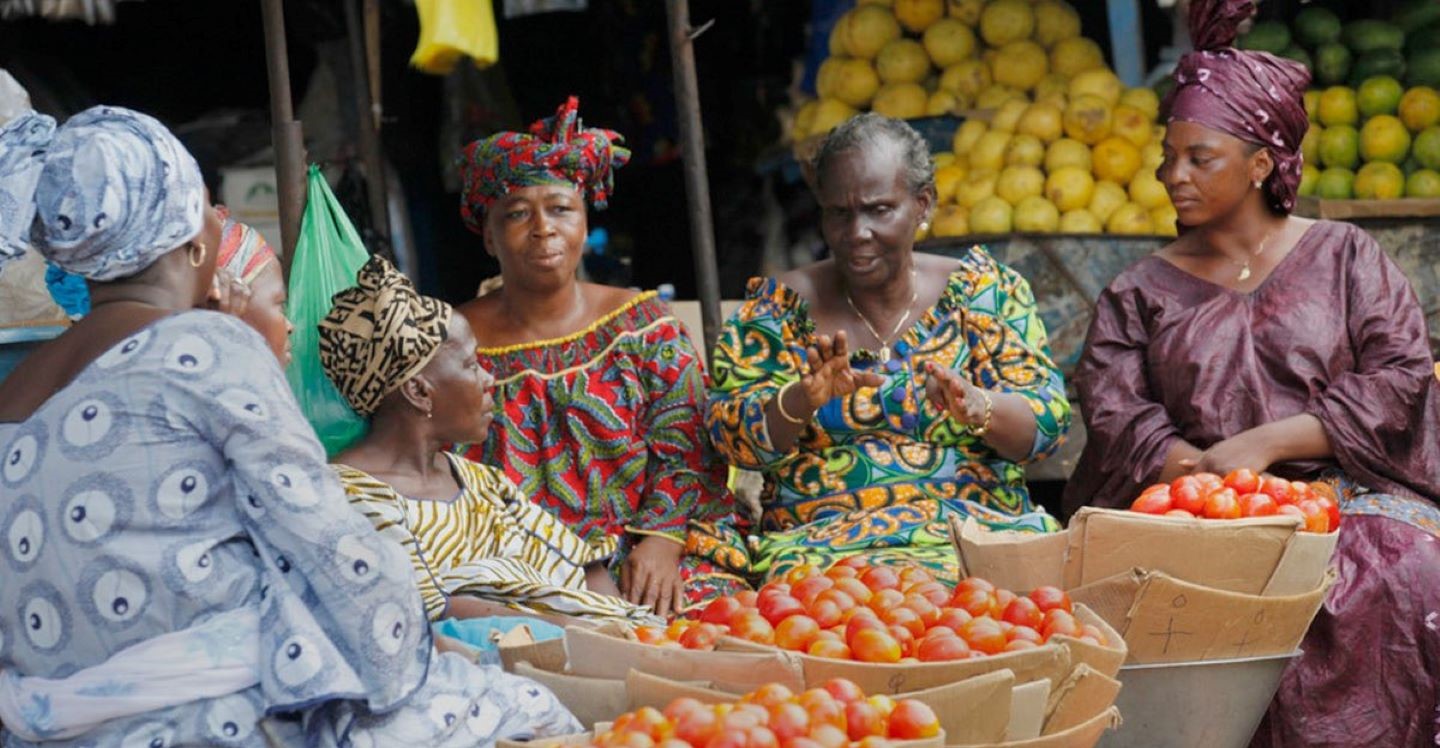
In Africa, almost 800 million people are facing food insecurity. Without access to adequate, affordable, and nutritious food, generations remain trapped in poverty, unable to take advantage of education or job opportunities.
With one in five people in Africa facing hunger, investments in nutrition are crucial. In this podcast, we see how nutrition is being improved in Malawi, Nigeria, Sudan, and Lesotho.
This is Farms. Food. Future. A podcast that’s good for you, good for the planet, and good for farmers. Brought to you by the International Fund for Agricultural Development.
Episode Contents
- Joyce Njoro on why a healthy diet can also mean a healthy economy
- Sylvia Mapanje on achieving zero hunger in Malawi
- Nigerian farmer, Virginia Benson, on growing food to earn a living and feed her family
- Visit Maqboula Abdalla El-Awad’s vegetable garden in Sudan
- How livestock can be used to adapt to climate change in Lesotho with Erica Doro
- Youth Agribusiness Hubs, Part 2: Andrew Gashayija in Rwanda
- The Power of Donors, Part 4: Satu Santala
- Research and Impact Assessment Series, Part 4: Athur Mabiso
- Summing up
- Similar episodes to enjoy
Joyce Njoro on why a healthy diet can also mean a healthy economy
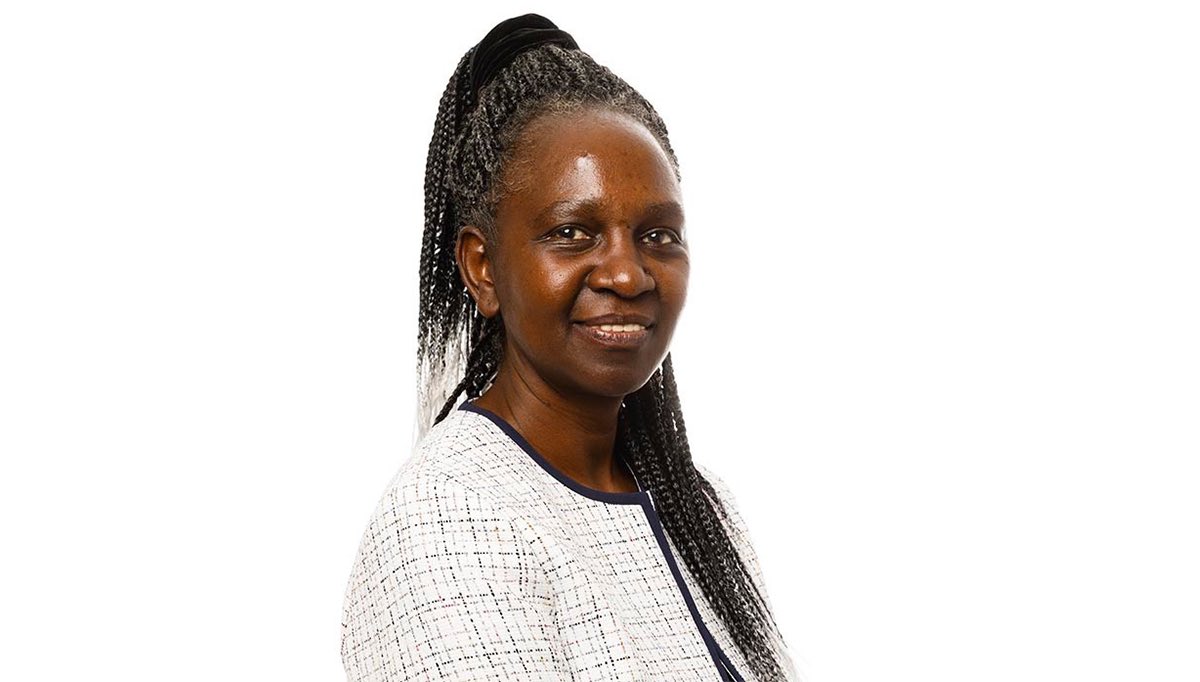
Not only does malnutrition cause health problems, it can also reduce economic productivity. IFAD nutrition specialist, Joyce Njoro, tells us why investing in nutrition through agriculture is socially responsible, sound development policy, and good economics.
Sylvia Mapanje on achieving zero hunger in Malawi
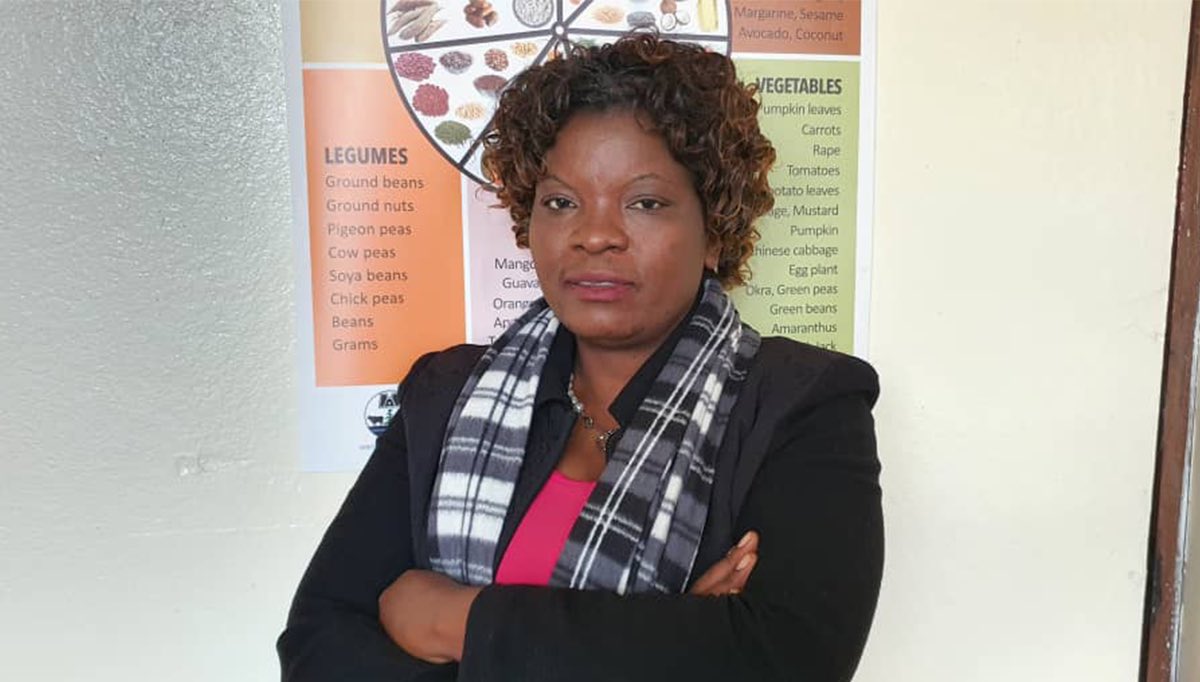
Sustainable agriculture is essential to achieve zero hunger. Sylvia Mapanje, tells us what the Government of Malawi is doing to achieve nutrition-related targets.
Nigerian farmer, Virginia Benson, on growing food to earn a living and feed her family
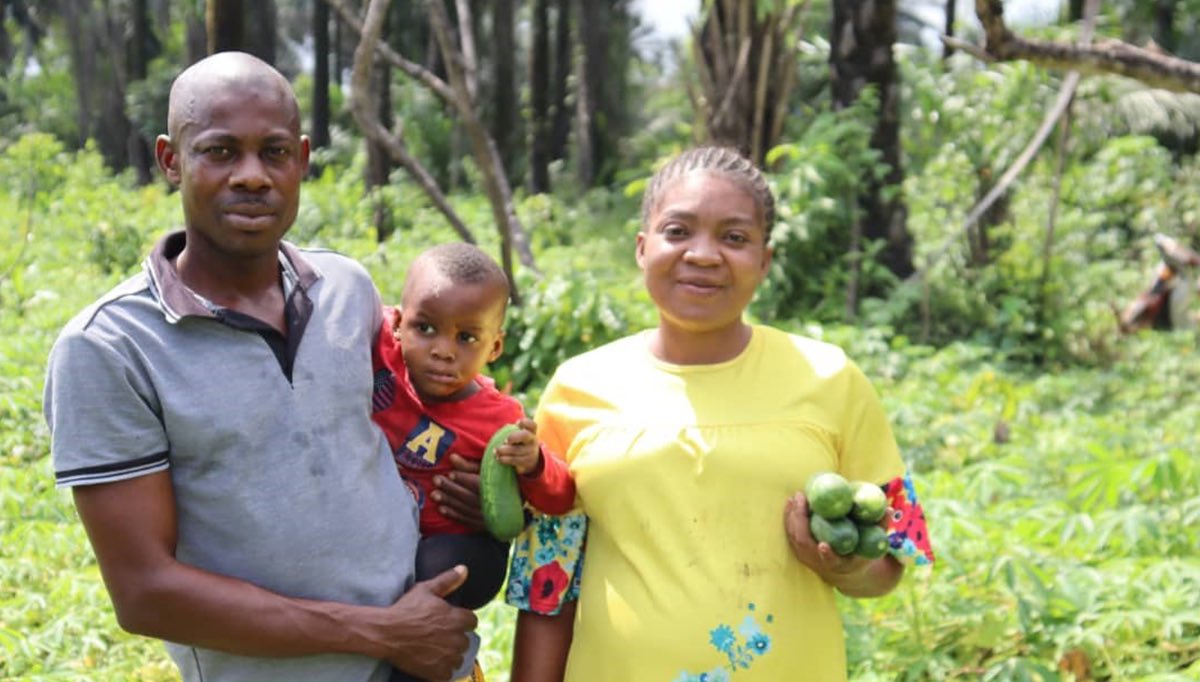
32-year-old Nigerian farmer, Virginia Benson, not only grows food to sell and earn a living, but also to give her children the nutrients they need. She is part of the LIFE-ND project which works with the Nigerian government to promote nutrition in agri-business.
Visit Maqboula Abdalla El-Awad’s vegetable garden in Sudan
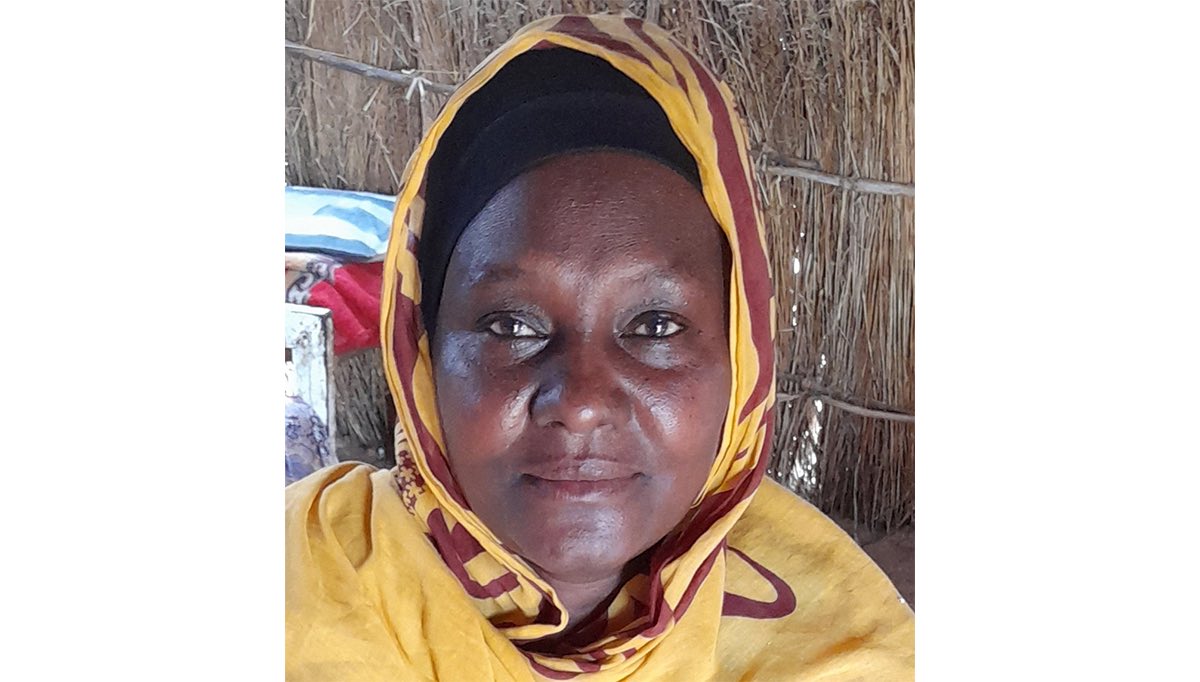
Maqboula Abdalla El-Awad gives us a tour of her sustainable and nutritious vegetable garden in Sudan, which she built with the support from IFAD’s Integrated Agriculture and Marketing Development Project.
How livestock can be used to adapt to climate change in Lesotho with Erica Doro
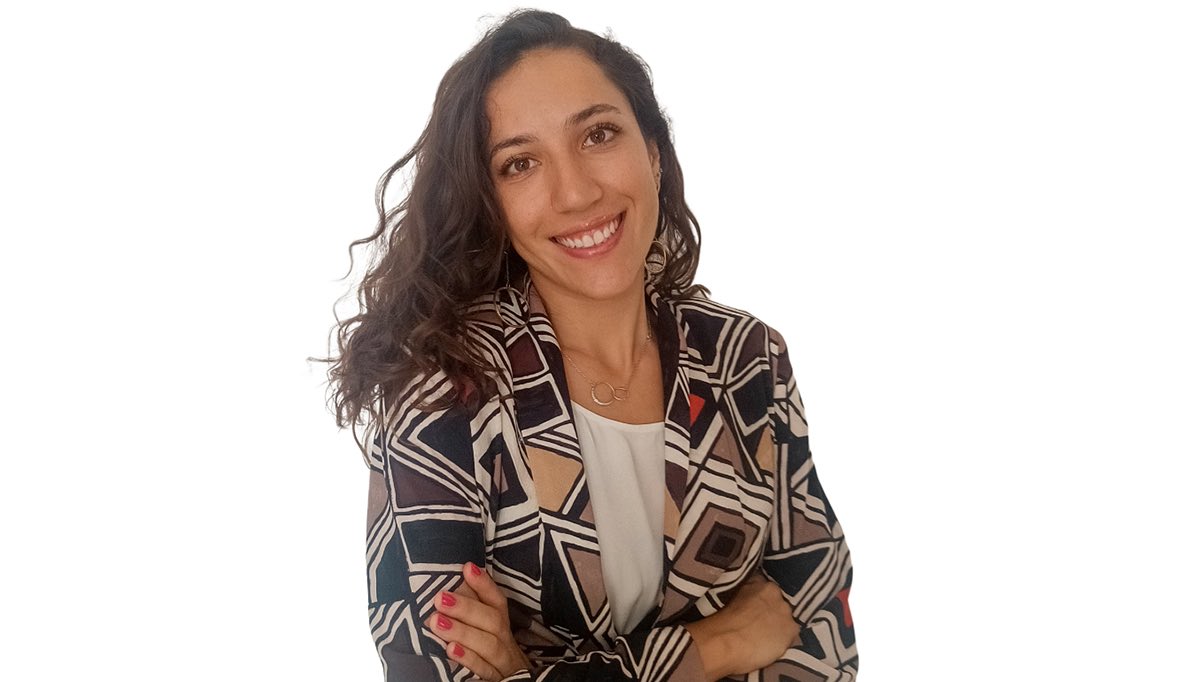
There are about 4 million livestock in Lesotho—that’s a lot of animals for a country around the size as Belgium.
Erica Doro tells us how IFAD and FAO experts are using GLEAM-i to calculate Lesotho’s livestock emissions and how they can be reduced through IFAD’s Regeneration of Landscapes and Livelihoods (ROLL) project. Their findings? Better rangeland management and improved livestock feed can reduce livestock emissions.
Youth Agribusiness Hubs, Part 2: Andrew Gashayija in Rwanda
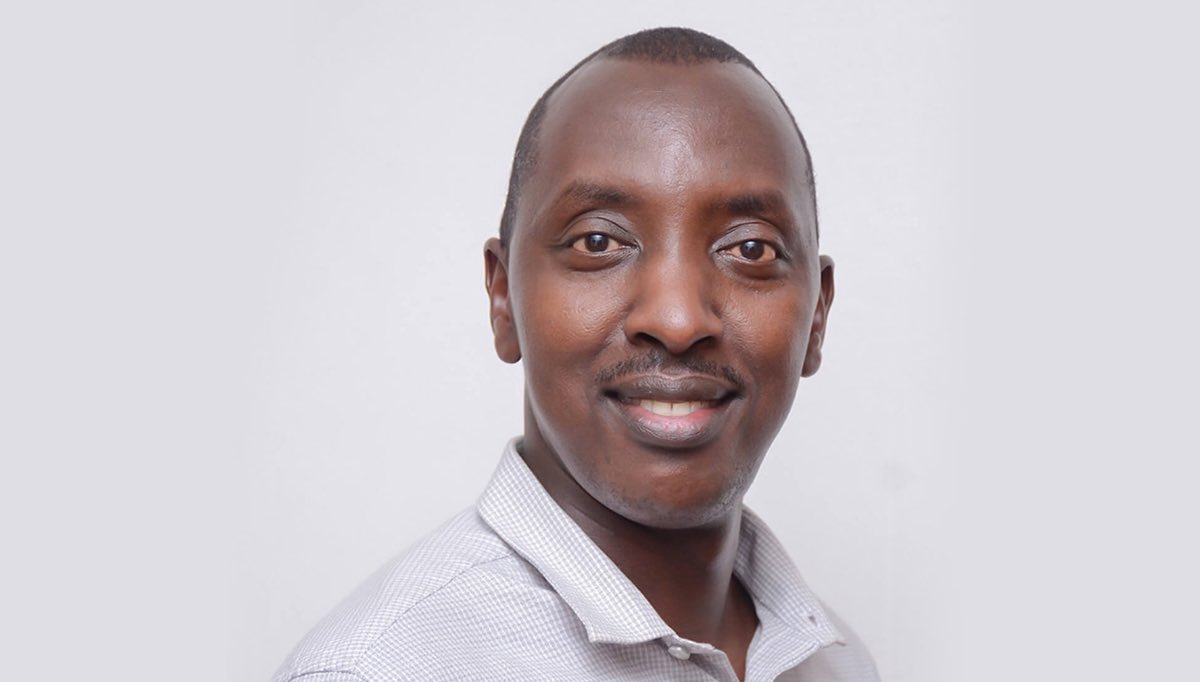
In the second part of this miniseries, Andrew Gashayija tells us about the opening of Rwanda’s Youth Agribusiness Hub.
The Power of Donors, Part 4: Satu Santala
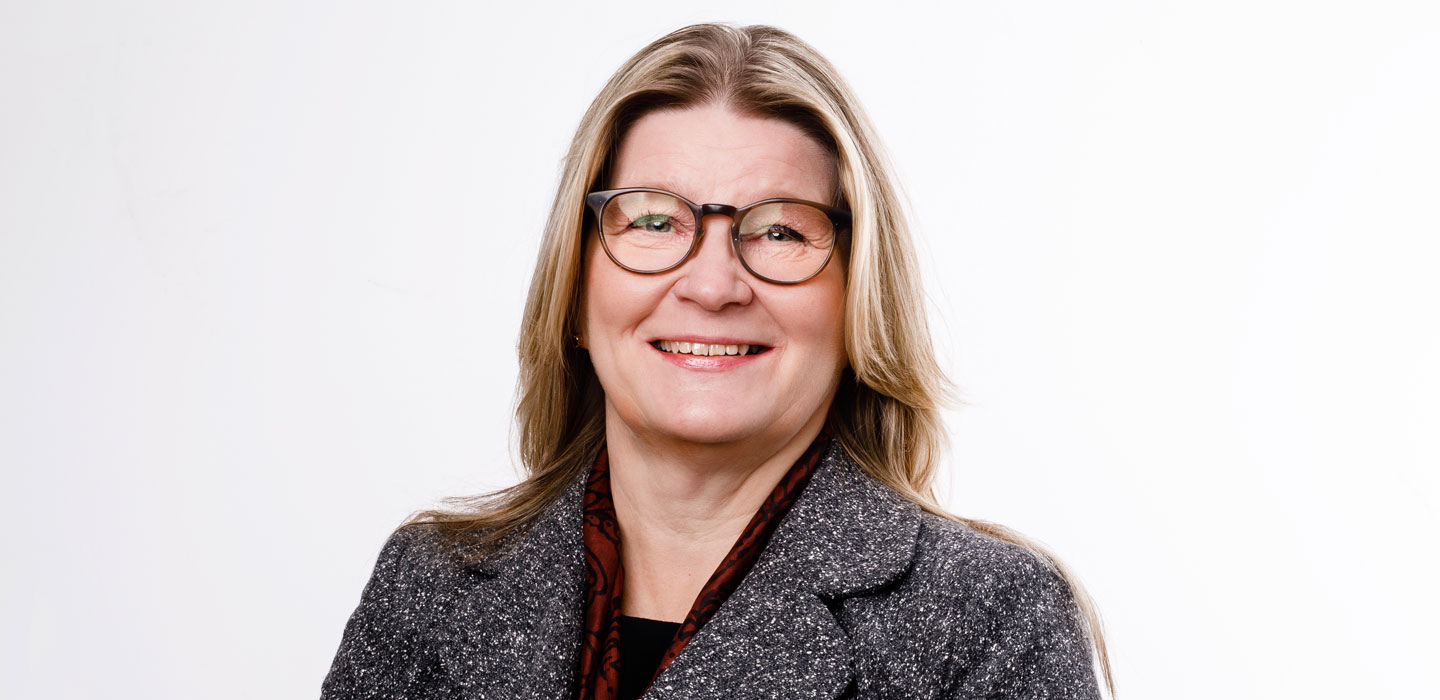
This mini-series connects with leaders in the Global Donor Platform to hear about the issues that matter to them.
This month, Satu Santala shares her experience of the Platform, as both a donor in her previous position at the Finnish Ministry of Foreign Affairs and now as AVP of IFAD’s External Relations and Governance Department.
Research and Impact Assessment Series, Part 4: Athur Mabiso
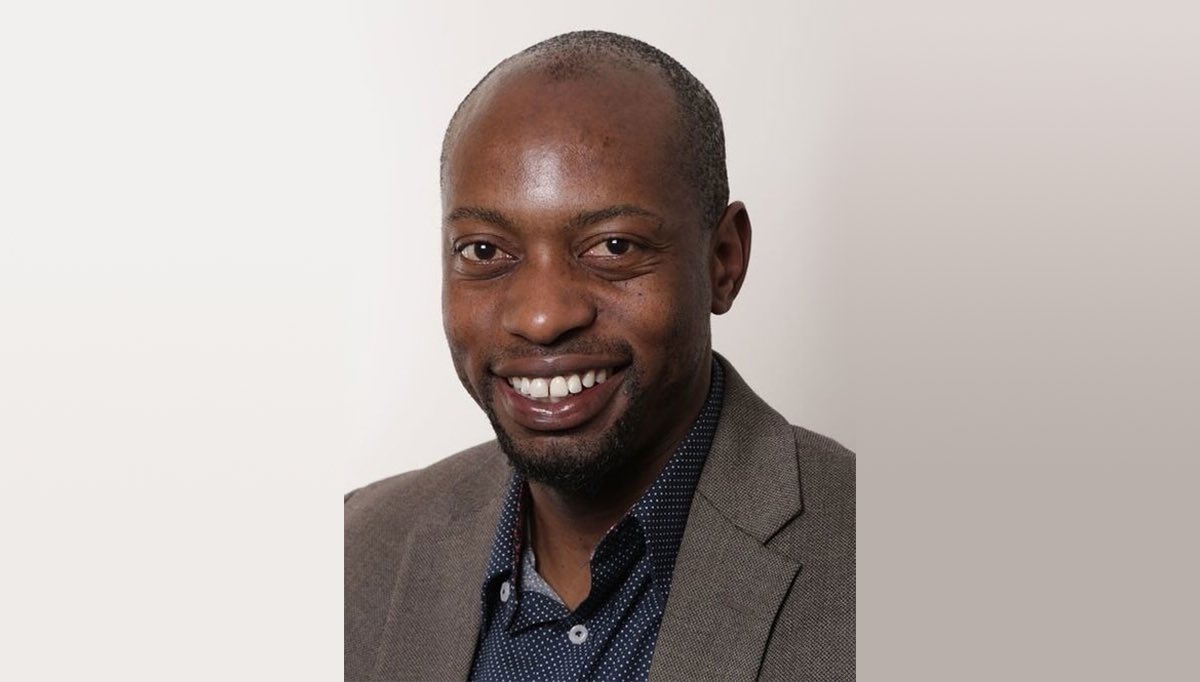
In this mini-series, we dive into the world of Impact Assessments, which we use to improve development in the communities we work with.
This month, we speak to Athur Mabiso about how the Post Tsunami Sustainable Livelihoods Programme is supporting people affected by the 2004 tsunami in Tamil Nadu (India).
Summing up
Thanks to our producer Francesco Manetti and our contributors: Bakary Coulibaly, Mohamed Adam, Ian Smith, and Alisson Lecce. Your hosts are Brian Thomson and Linda Odhiambo.
We want to hear from you! Get in touch with your comments and ideas at [email protected]
Remember to subscribe to the podcast and rate us.
We’ll be back next month where we talk about renewable energy and infrastructure in rural communities in Africa.
Similar Episodes to Enjoy
If you want to hear more about this topic, have a listen to these episodes:
- Episode 28 discusses what’s in store for agriculture in 2022.
- Episode 32 considers insects as an alternative protein source for humans and livestock.
- Episode 33 looks at the issue of famine and resilience building.